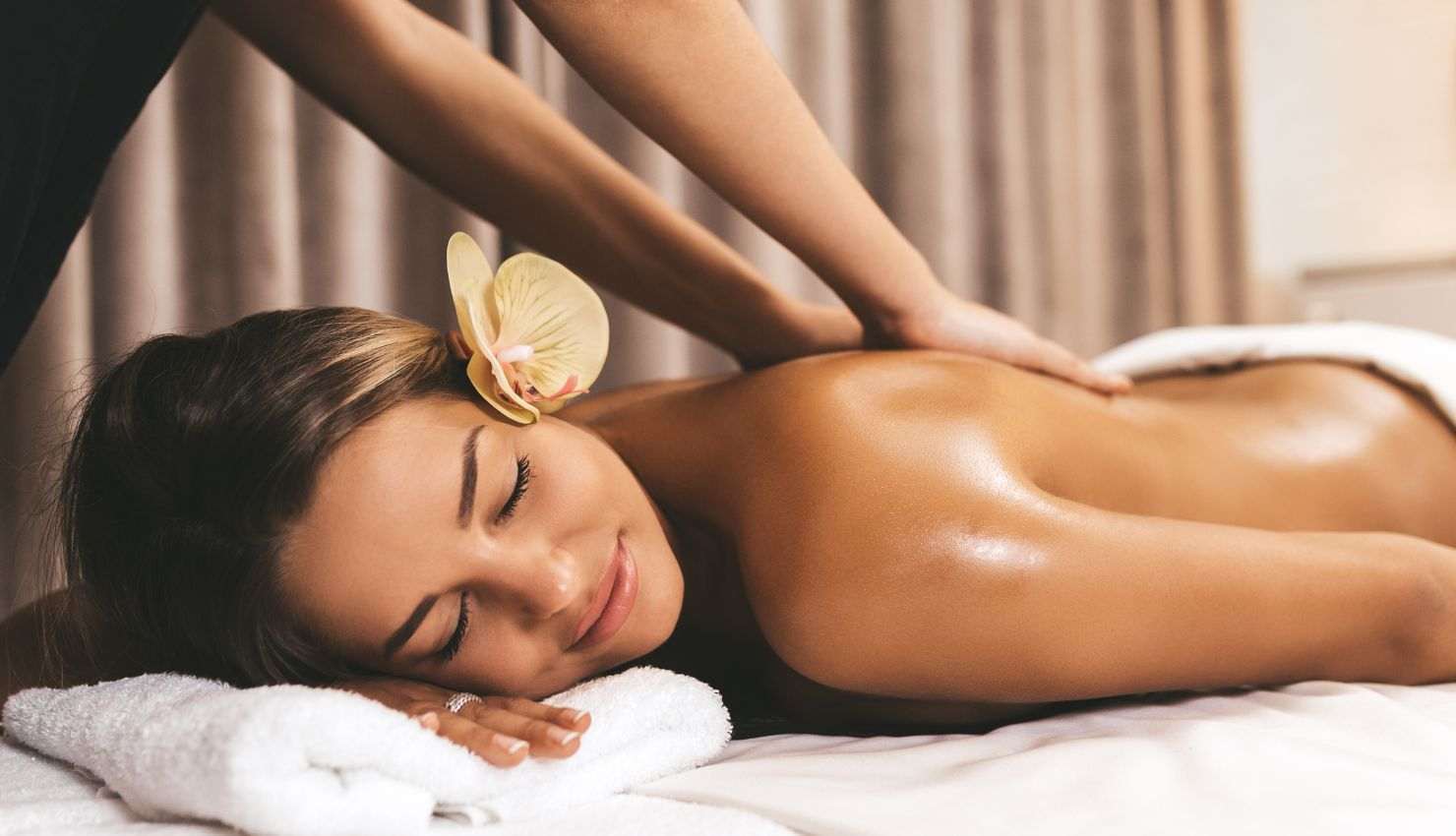Regular massage helps athletes prevent injury, reduce soreness, and improve performance. Learn why it’s part of many training routines.
It’s Not a Spa Day — It’s Part of Your Training Plan
If you train hard, push your limits, or live an active lifestyle, you’ve probably experienced:
- Muscle soreness that lingers
- Tightness that won’t stretch out
- Dead legs on game day
- Tension that messes with form or power
That’s your body asking for recovery — not just rest, but targeted, structured recovery that helps you adapt, rebuild, and repeat.
That’s where massage therapy for athletes comes in.
At YFS (Your Form Sux), we treat athletes like systems — not just sore spots. When used correctly, massage isn’t “self-care” — it’s strategic load management that helps you perform better, recover faster, and avoid burnout.
✅ 1. Speeds Up Muscle Recovery After Training
Heavy training = micro-damage to muscle fibers + inflammation.
Massage helps:
- Increase circulation
- Reduce soreness (DOMS)
- Flush out metabolic waste
- Deliver fresh oxygen + nutrients to recovering tissue
That means you can bounce back faster, train harder, and hit your next session with more intent — not limp through it sore and stiff.
✅ 2. Improves Range of Motion + Tissue Quality
Tight quads? Bound-up shoulders? Locked-up hips?
Massage helps restore:
- Muscle elasticity
- Fascial glide
- Joint mobility
All of which improves your movement efficiency, reduces compensation, and allows you to actually use the strength you’ve built.
✅ 3. Supports Injury Prevention
A lot of injuries don’t happen from one big moment — they build up from poor recovery, asymmetries, or overloaded patterns.
Massage therapy:
- Helps spot tension or dysfunction before it becomes a problem
- Resets overworked areas
- Rebalances muscle activation + inhibition
- Pairs perfectly with strength and mobility work to keep you resilient
Think of it as prehab, not just rehab.
✅ 4. Regulates Your Nervous System
Athletes are constantly toggling between go-mode and grind-mode. But recovery happens in rest-mode (aka parasympathetic state).
Massage therapy helps shift you into that state:
- Lowers cortisol
- Reduces heart rate + breath rate
- Improves sleep quality
- Helps the brain-body connection recalibrate
Recovery isn’t just physical — it’s neurological. And massage supports both.
✅ 5. Helps You Train Smarter, Not Just Harder
The athletes who last aren’t the ones who go all-out every session — they’re the ones who know how to listen to their body, respect recovery, and make adjustments before problems arise.
Massage therapy gives you:
- Real-time feedback on your tissue health
- A reset for overloaded areas
- A plan to modify training when needed
At YFS, your RMT can even work with your physio or coach to keep your entire system firing properly.
💡 When’s the Best Time to Book Massage as an Athlete?
It depends on your training cycle, intensity, and goals.
Here’s a basic breakdown:
- Post-training massage (24–48 hrs later)
→ For recovery, soreness, and reset - Maintenance massage (every 2–4 weeks)
→ For movement prep and long-term balance - Pre-competition massage (24–48 hrs before)
→ For readiness and activation (lighter pressure, no deep work) - Injury or overload massage (as needed)
→ To release tension, support healing, and reduce compensation
Final Word: You Train Like an Athlete — Recover Like One Too
Massage therapy isn’t just about feeling better. It’s about:
- Performing at your best
- Recovering faster
- Reducing injury risk
- Maximizing the work you’re already putting in
At YFS, our massage therapy is sport-aware, goal-driven, and 100% aligned with your training and rehab needs. Whether you’re lifting heavy, running hard, or competing at a high level — we’ve got your back (and your traps, and your glutes).
Want to recover smarter, not just slower?
Book your athlete-focused massage session at YFS Toronto — and let’s make recovery part of your training plan.





